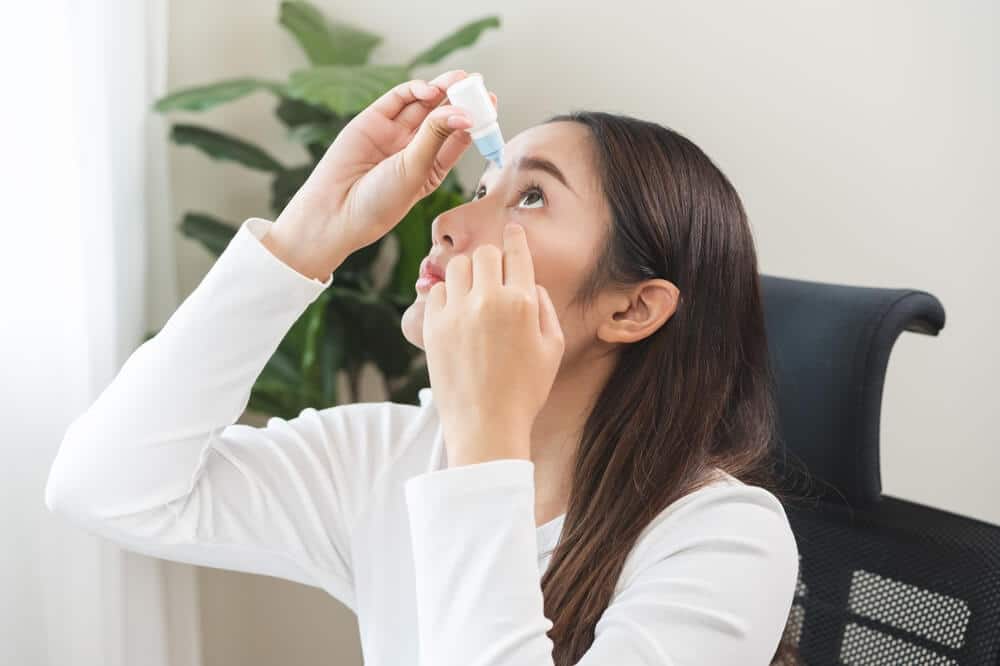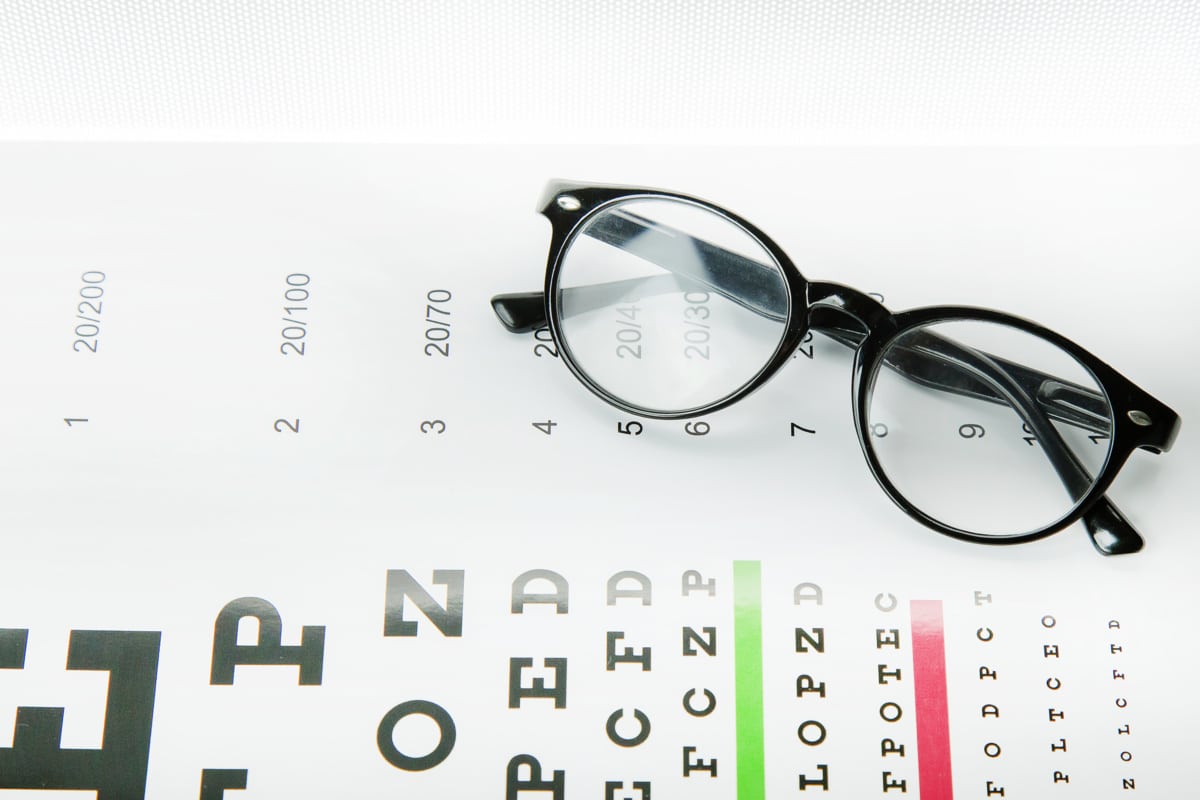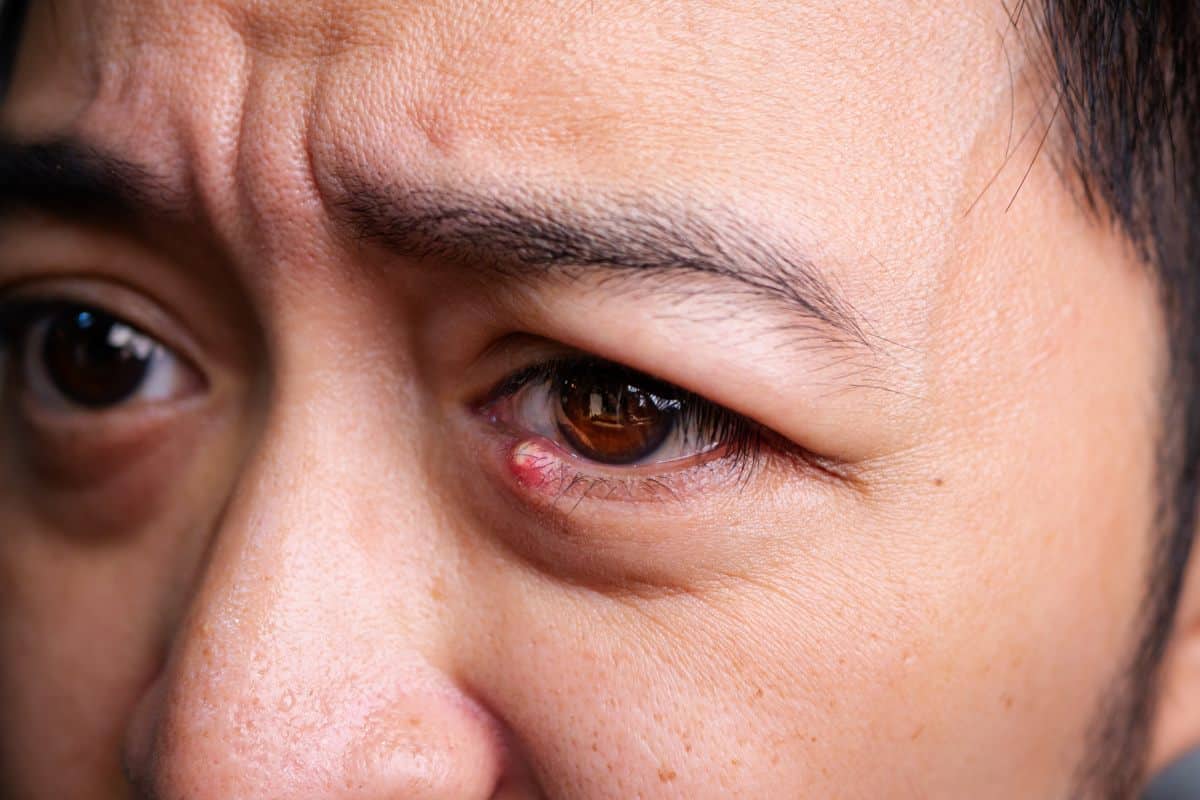Dry eyes are more than just an uncomfortable sensation. For many, this common condition worsens during certain times of the year, particularly in the summer. The warmer months bring a unique set of challenges for eye health, with increased exposure to sun, wind, and environmental irritants. Managing dry eyes during the summer requires a specific approach tailored to the season’s unique conditions. By understanding the causes and implementing effective treatments, you can keep your eyes comfortable all summer long.
What Causes Dry Eyes in the Summer?
The summer season can amplify dry eye symptoms due to a variety of environmental factors. Prolonged exposure to the sun and wind can dry out the delicate surface of the eyes. Additionally, activities like swimming in chlorinated or saltwater pools, or simply being outdoors more often, can introduce irritants that worsen dry eye symptoms. Here are some common triggers:
Sun Exposure
Direct sunlight can evaporate the natural moisture in your eyes, leading to dryness and irritation. This is especially true if you’re spending long periods outside without adequate eye protection.
Wind
Wind not only dries out your eyes but can also carry debris and allergens that can worsen your symptoms. Even a gentle breeze can have a significant effect on already sensitive eyes.
Irritants: Sunscreen, Chlorine, and Saltwater
While necessary for skin protection, sunscreen can be a major irritant if it gets into your eyes. Similarly, both chlorine from pools and saltwater from the ocean can strip away the natural oils that help keep your eyes moisturized.
How to Manage Dry Eyes During the Summer
Managing dry eyes during the summer starts with addressing these common environmental factors. Here are some practical strategies to protect your eyes and reduce discomfort during the warmer months:
Use Preservative-Free Artificial Tears
A top recommendation from eye care professionals is to regularly use preservative-free artificial tears. These drops help restore moisture to the eyes without introducing additional irritants. Using them throughout the day can help prevent dry eye symptoms before they escalate. This is especially important during the summer when irritants are more prevalent, and your eyes are more likely to dry out due to environmental conditions.
Wear Sunglasses for Protection
Sunglasses are more than just a fashion accessory—they’re crucial for protecting your eyes from both UV rays and the wind. By creating a barrier between your eyes and the elements, sunglasses help retain moisture and reduce the chances of irritation. Look for sunglasses that provide full UV protection and wraparound styles that block wind and debris from reaching your eyes.
Avoid Swimming Without Goggles
Swimming in chlorinated or salty water can exacerbate dry eyes, particularly if you swim without goggles. These chemicals and minerals can strip away the protective layer of your eyes, causing significant discomfort. Always wear goggles when swimming to create a seal that keeps irritants out and moisture in.
Be Mindful of Sunscreen Application
While sunscreen is essential, it’s important to be cautious when applying it around your eyes. Opt for sunscreens that are formulated for sensitive skin and be sure to keep them away from your eyes. If sunscreen does get into your eyes, rinse them out immediately with preservative-free artificial tears to minimize irritation.
Over-the-Counter Options for Managing Dry Eyes
If you’re struggling to manage dry eyes during the summer with basic preventative measures, there are several over-the-counter treatments that can offer additional relief.
Allergy Eye Drops
For those dealing with allergy-induced dry eyes, over-the-counter allergy eye drops can be beneficial. Many of these drops contain ingredients that stabilize mast cells, preventing allergic reactions and reducing inflammation in the eyes. These can be particularly helpful in the summer when allergens like pollen are more prevalent.
Soft Steroid Prescription Eye Drops
In cases where dry eyes are caused by acute irritation—whether from sun exposure, chemicals, or severe allergens—a soft steroid prescription may be necessary. These drops help to reduce inflammation and provide relief from significant eye irritation, often acting faster than over-the-counter solutions.
When to See an Eye Care Professional
While many cases of dry eyes can be managed with over-the-counter solutions and lifestyle adjustments, there are times when professional care is needed. If you notice persistent irritation or symptoms that do not improve with regular treatments, an eye care professional can prescribe stronger medications or recommend advanced treatments. Conditions like episcleritis, pingueculitis, or allergic conjunctivitis may require anti-inflammatory eye drops to effectively manage inflammation and restore comfort.
Conclusion

Dry eyes during the summer can be an uncomfortable and frustrating condition, but with the right approach, you can significantly reduce your symptoms. By using preservative-free artificial tears, wearing proper eye protection, and being mindful of irritants like sunscreen and chlorine, you can maintain healthy, hydrated eyes all season long. If over-the-counter solutions aren’t providing enough relief, consider speaking with an eye care professional for more advanced treatment options.
For more information about managing dry eyes or to explore treatment options, contact Art of Optiks today.




